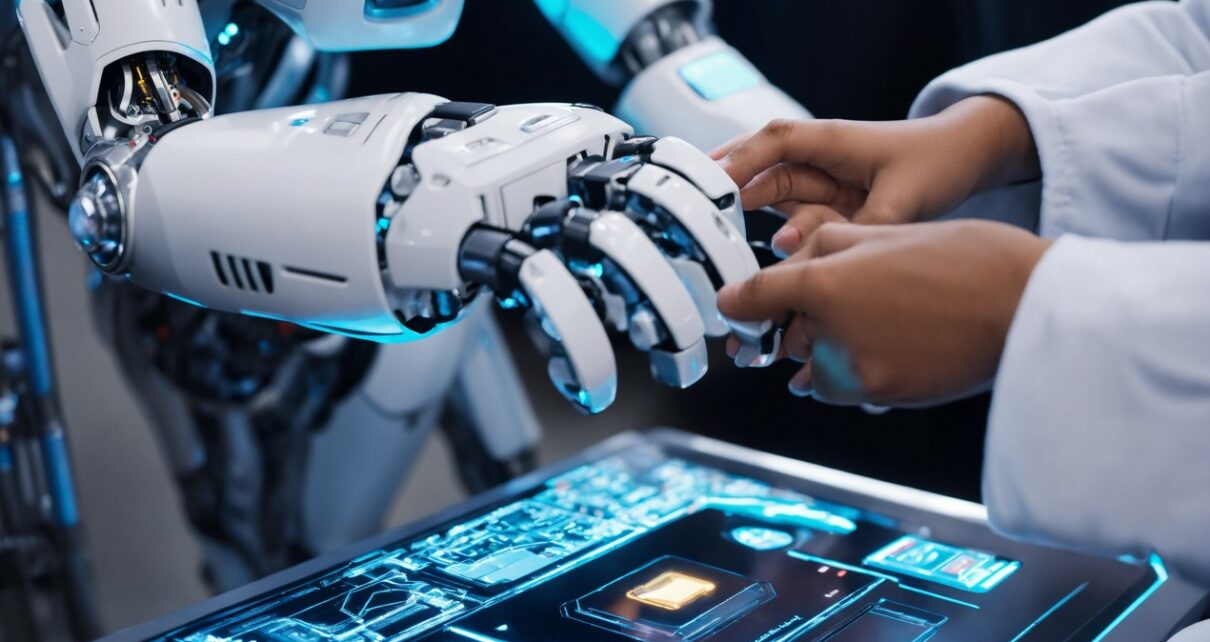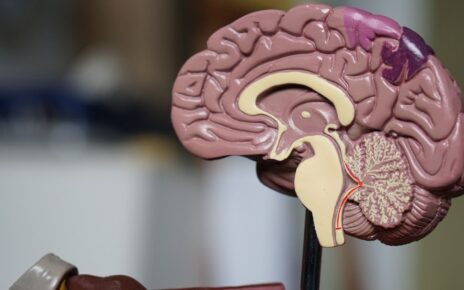The Robotics Revolution: Machines Redefining Our Daily Lives
In the fast-paced world we live in, technology is constantly evolving, and one of the most groundbreaking developments in recent times is the Robotics Revolution. These machines are not just reshaping industries but are fundamentally altering the way we live our lives each day. Let’s dive into the fascinating realm of robotics and explore how these machines are becoming an integral part of our daily existence.
The Robotics Revolution is the transformative wave of innovation driven by the integration of robotics and artificial intelligence into various aspects of our lives. These machines are not confined to industrial settings; they are entering our homes, workplaces, and even educational institutions.
Historical Perspective
To understand the present, we must glance back at the evolution of robotics. From the first industrial robots in the 1960s to the sophisticated machines we have today, the journey has been remarkable. Milestones such as the development of autonomous robots and advancements in machine learning have paved the way for the current state of the robotics industry.
Types of Robots
The diversity of robots is astounding. Industrial robots streamline manufacturing processes, service robots assist in daily tasks, and collaborative robots work alongside humans, enhancing efficiency. Each type plays a unique role in the Robotics Revolution.
Applications in Everyday Life
The impact of robotics is not confined to factories; it extends to our homes, healthcare, and educational institutions. Smart homes equipped with robotic devices, robotic-assisted surgeries, and interactive educational robots are becoming increasingly common.
AI Integration
Artificial intelligence is the driving force behind the capabilities of modern robots. The synergy between AI and robotics not only enhances their functionality but also presents challenges such as ethical considerations and societal impacts.
Ethical Considerations
As robots become more ingrained in our lives, ethical concerns arise. Issues like privacy infringement and job displacement must be carefully addressed to ensure a balanced integration of robotics into society.
Robotics and Automation
Industries worldwide are witnessing a significant shift towards automation. This revolutionizes job roles and market trends, creating a demand for a workforce with skills aligned with the needs of the evolving job market.
Advancements in Robotics
Recent breakthroughs, including innovations in soft robotics and swarm robotics, showcase the dynamism of the field. These advancements open doors to possibilities that were once thought to be in the realm of science fiction.
Challenges in Robotics Development
Despite the strides made in robotics, challenges persist. Technical hurdles and regulatory complexities pose obstacles to the seamless integration of robotics into various aspects of society.
Robotics in Entertainment
The entertainment industry is embracing robotics for creative purposes. From robot-assisted performances to collaborative endeavors between humans and robots in filmmaking, the intersection of robotics and entertainment is captivating.
The Human Experience
In the midst of automation, maintaining a balance between the efficiency of robots and the human touch is crucial. Establishing emotional connections with robots introduces a new dimension to the human experience.
Robotics and Sustainability
Addressing environmental concerns, the robotics industry is actively pursuing green initiatives. From energy-efficient robots to eco-friendly manufacturing processes, sustainability is becoming a core focus.
Educational Initiatives in Robotics
Recognizing the importance of preparing the future workforce, educational initiatives in robotics are on the rise. Encouraging STEM (Science, Technology, Engineering, and Mathematics) learning from an early age is crucial to nurturing the next generation of innovators.
Global Perspectives on Robotics
The adoption of robotics varies worldwide, and cultural nuances influence how societies integrate these machines. Understanding these global perspectives is essential to navigating the cross-cultural implications of the Robotics Revolution.
The Robotics Revolution is not just about machines; it’s about redefining the way we live, work, and interact. As we stand on the precipice of a future where robots play an ever-expanding role in our lives, the possibilities are both exciting and challenging. The journey ahead involves navigating ethical dilemmas, embracing technological advancements, and fostering a harmonious coexistence between humans and machines.
FAQs
- Are robots taking over human jobs?
- While automation may shift job roles, it also creates new opportunities. The key is adapting to the changing landscape of the job market.
- How can robotics contribute to sustainability?
- Robotics can enhance sustainability by promoting energy efficiency, reducing waste, and implementing eco-friendly practices in various industries.
- What are the privacy concerns associated with robotics in homes?
- Privacy concerns may arise with the integration of smart home robotics. Ensuring secure and transparent practices is crucial to address these issues.
- What educational initiatives exist for robotics enthusiasts?
- Numerous educational programs focus on robotics, ranging from coding courses for children to advanced robotics engineering degrees at the university level.
- Can robots truly evoke emotional connections with humans?
- Advances in robotics are exploring the possibility of robots developing emotional connections with humans, but it’s an evolving field with ethical considerations.




